Of all the Hall of Famers to barnstorm Hartford, Connecticut, (Ty Cobb, Ted Williams, Josh Gibson, Satchel Paige and Babe Ruth – to name a few) one of the earliest stars to come here was George Edward “Rube” Waddell. The unpredictable left-hander led Connie Mack’s Philadelphia Athletics against the Washington Senators at Hartford Base Ball Park. The postseason exhibition game took place on a Monday afternoon, October 8, 1906, to benefit Newington’s Cedar Mountain Hospital for consumptives (patients with tuberculosis).
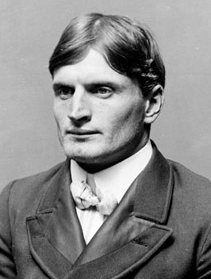

A year prior to his Hartford visit, Waddell won a rare pitcher’s Triple Crown. He paced the American League with 27 wins, 287 strikeouts and an earned run average of 1.48. Waddell was baseball’s biggest celebrity and drawing card, though he was injured for the 1905 World Series. Over thirteen big league seasons, he appeared with Louisville, Pittsburgh, Chicago, Philadelphia and St. Louis. He was nicknamed “Rube,” meaning “country bumpkin” – as many rural players were called at the time.

Born on Friday the 13th of October, 1876, in Bradford, Pennsylvania, George Edward Waddell was the sixth child of Mary and John Waddell, who worked in the oil fields for Standard Oil Company. Rube made his Major League debut at 20 years old. He garnered a reputation for unmanageable free-spiritedness. Rube was known to miss regular season games for fishing trips and he often moonlighted with amateur teams, which included appearances at Rollins College and Volant College. Sometimes dubbed “Lunatic Lefty,” Waddell indulged in drinking, gambling, firefighting and even alligator wrestling.
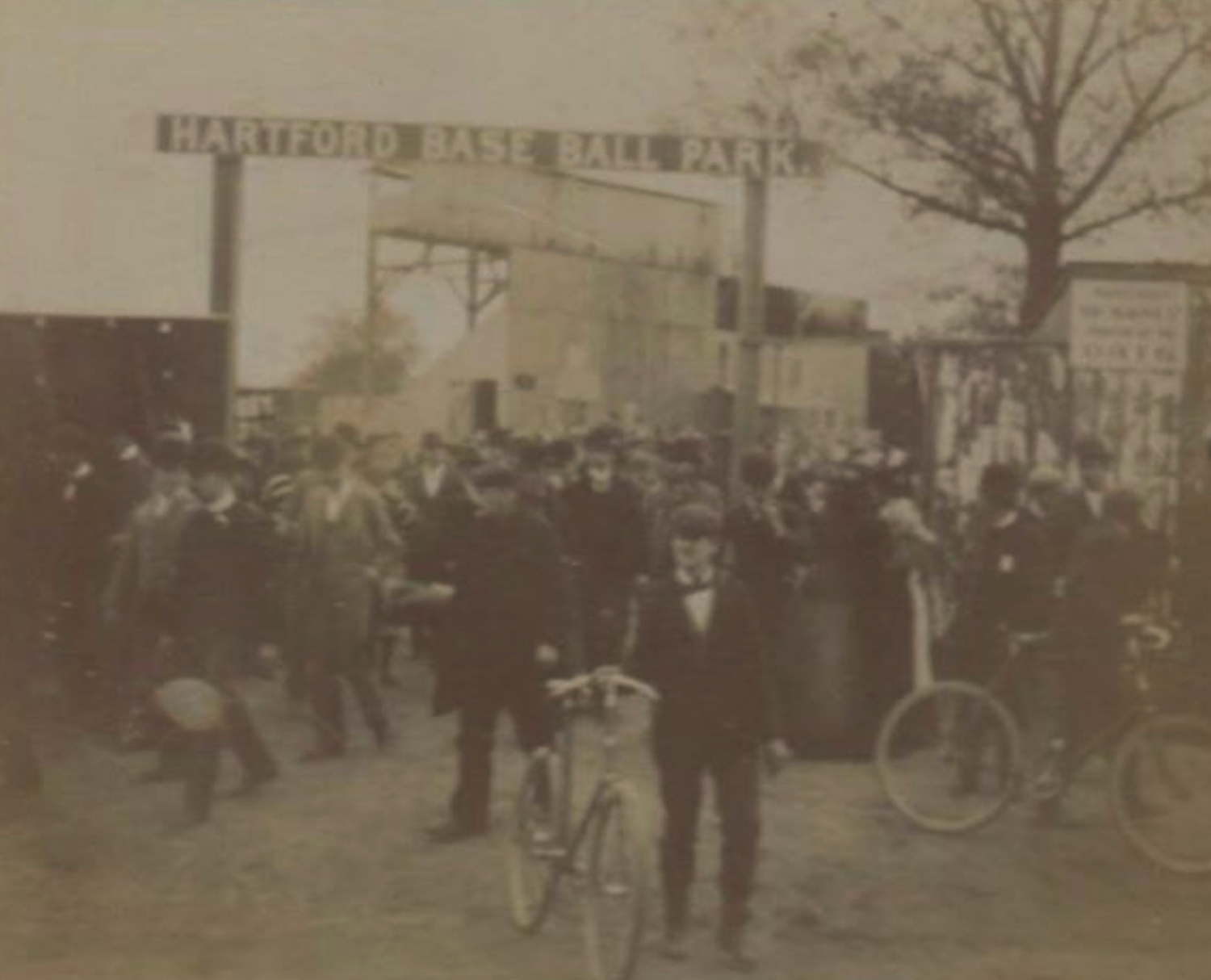
Despite his eccentricities and idiosyncrasies, Waddell was baseball’s top southpaw at the time of his Hartford sojourn. Rube was the talk of the city as the Philadelphia club arrived late to check-in at Hartford’s Heublein Hotel on Wells Street. The game was scheduled for 2:30 PM. Fans arrived early, packing the grandstand and encircling the roped off field. Local dignitaries such as Morgan G. Bulkeley, former U.S. Senator, Connecticut Governor and first President of the National League, William J. Tracy, Vice President of the Connecticut League of Baseball Clubs and John F. Gunshanan, former professional ballplayer, community leader and head organizer of the Rube-featured exhibition.
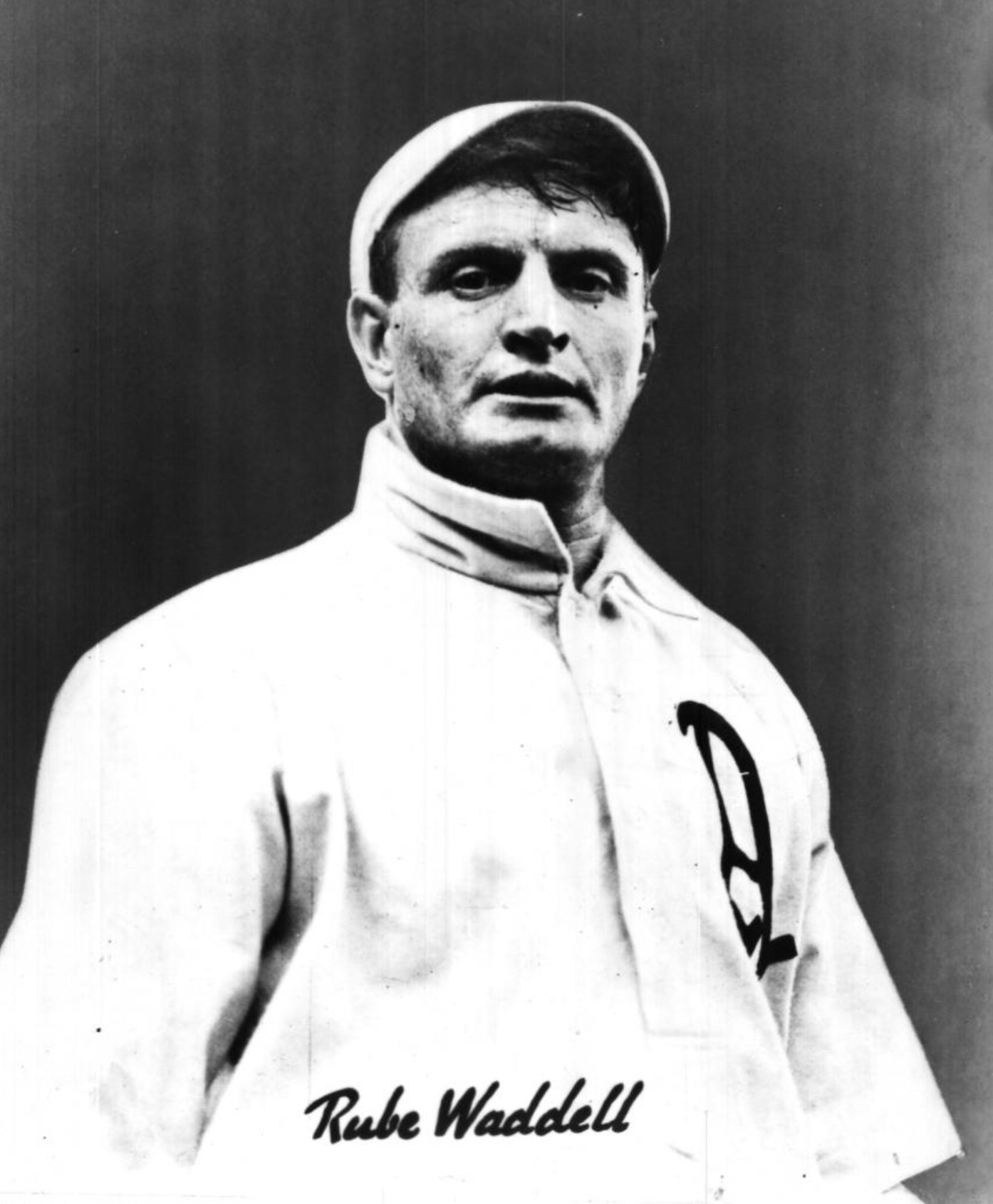
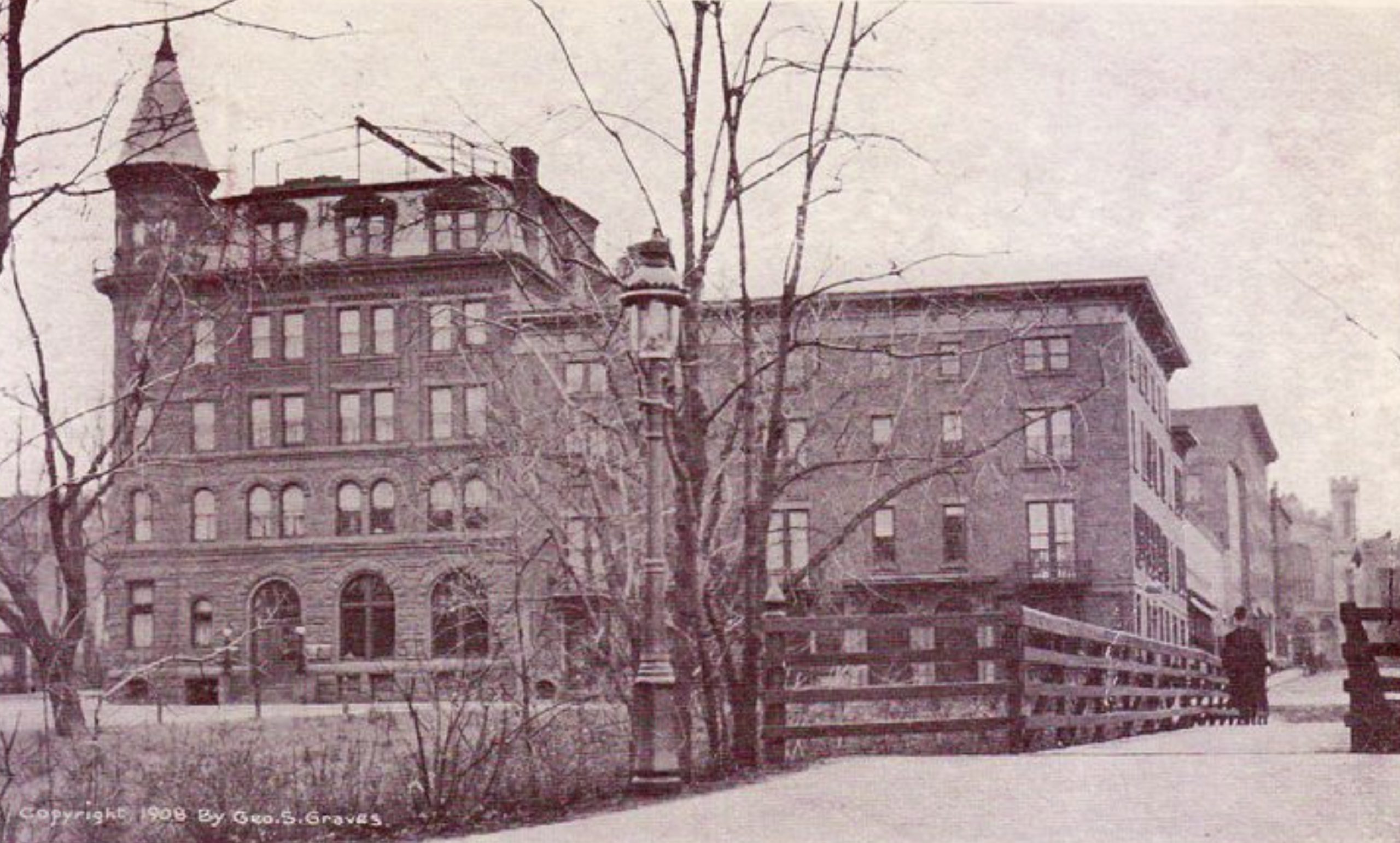
Before night fell over Hartford Base Ball Park, onlookers were awed by Waddell’s victorious complete game shutout. He allowed two hits and struck out 16 batters. His fastball was overpowering and his curve confounded opponents. Behind Rube at second base was another Hall of Famer, Charles “Chief” Bender who recorded a double and a run in the game. A pitcher’s duel that lasted one hour and twenty minutes ended with the Athletics downing the Senators, 2-0. Washington’s lefty, Frank Kitson earned the loss on just five Philadelphia hits.
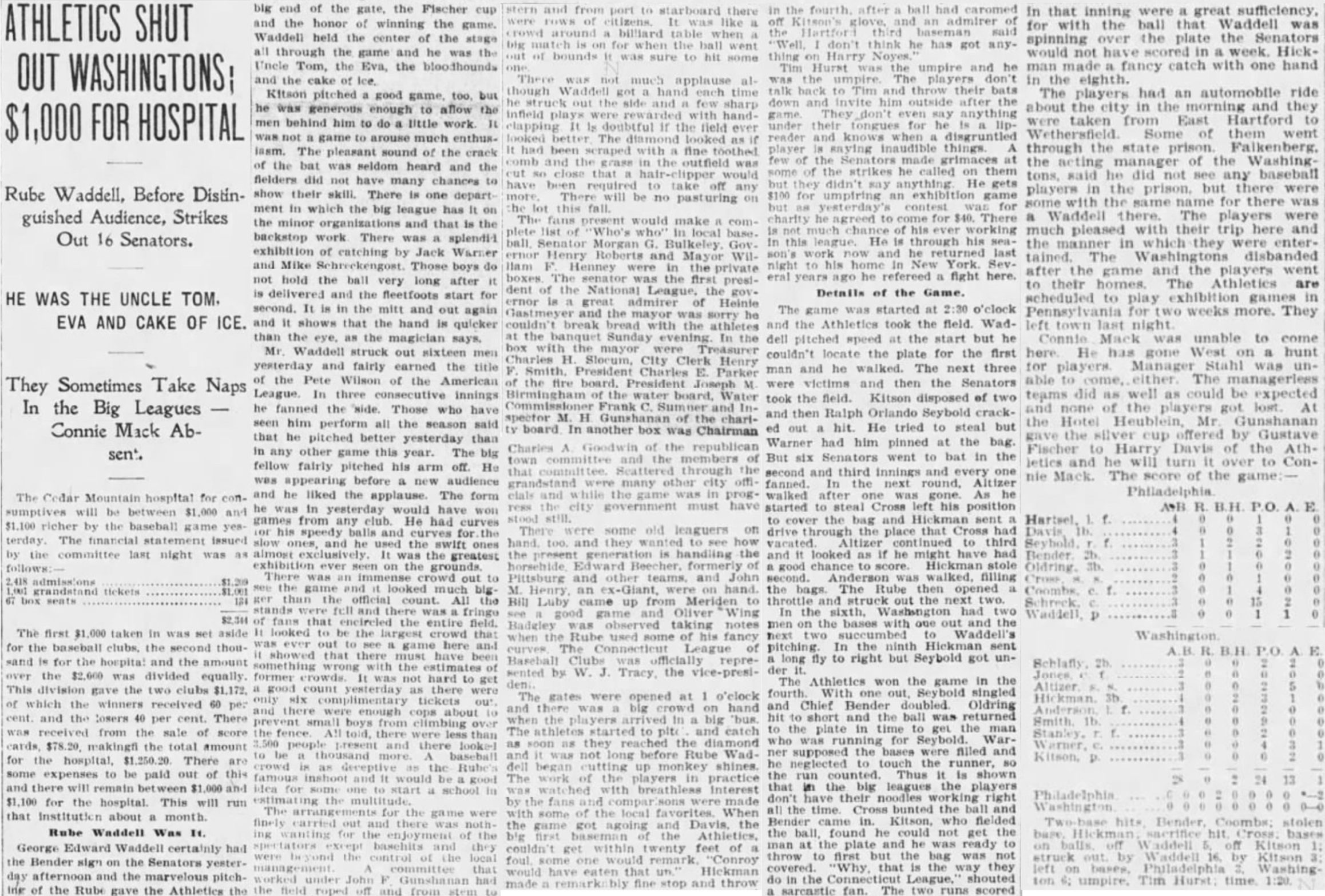
More than 4,000 fans were estimated in attendance at $0.50 per ticket. Waddell’s Hartford game raised $1,250 for consumptives at Cedar Mountain Hospital – the reported cost of running the institution for about a month. After the game, it was claimed that Waddell has some of his teammates stopped in at Wethersfield Prison to lift the spirits of inmates (something you would never hear of Major League baseball players doing today).

Coincidentally, Waddell contracted tuberculosis less than eight years later. He died of consumption at 37 years old on April Fool’s Day, 1914. He was buried in San Antonio, Texas. The nearly unhittable “Rube” was eventually elected to the Baseball Hall of Fame by the Veterans Committee.

Rube was one of a kind — just a big kid, you know. He’d pitch one day and we wouldn’t see him for three or four days after. He’d just disappear, go fishing or something, or be off playing ball with a bunch of twelve-year-olds in an empty lot somewhere. You couldn’t control him ’cause he was just a big kid himself. Baseball was just a game to Rube.”
Sam Crawford, Detroit Tigers, National Baseball Hall of Fame Inductee
Sources

One comment